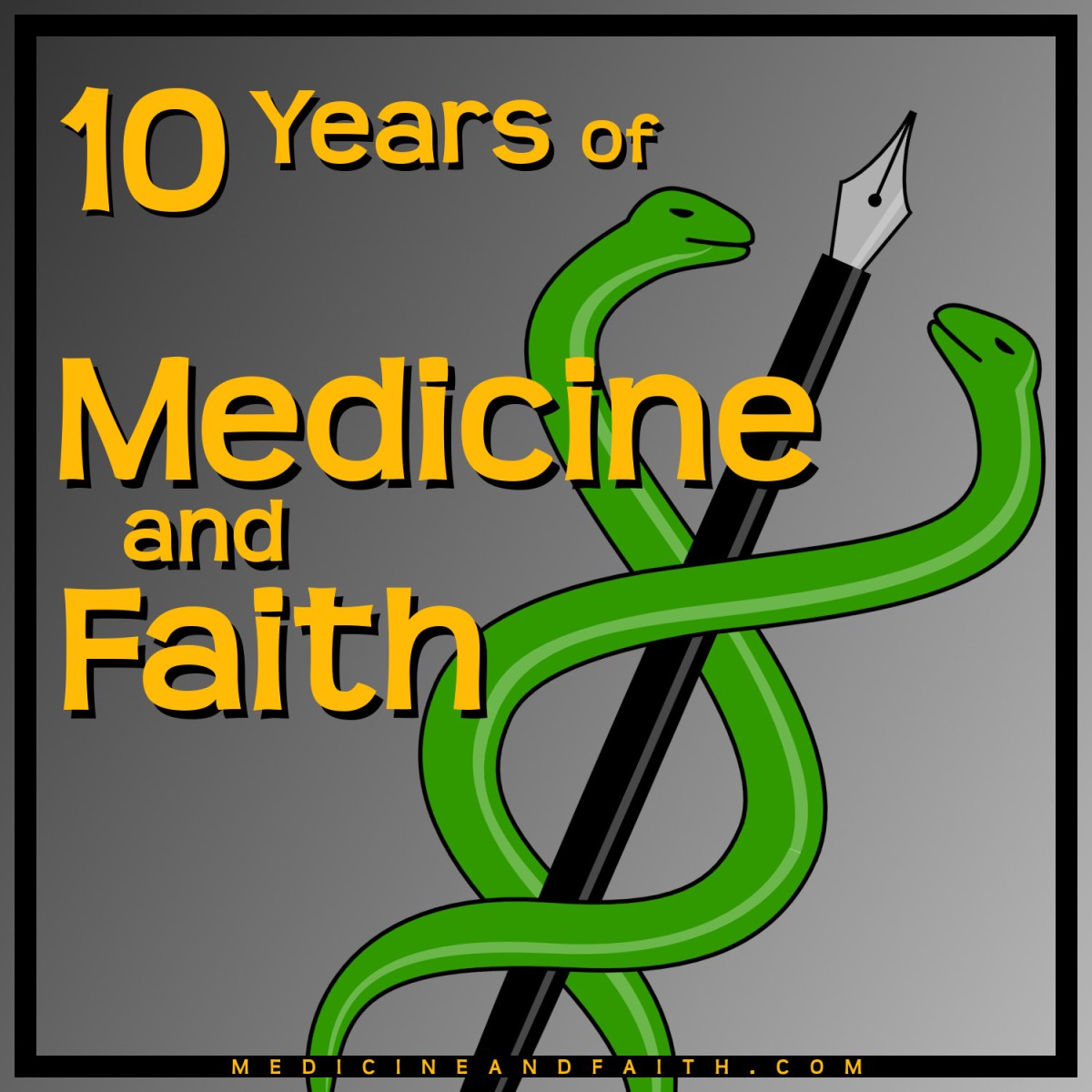The Lord has given me a “thorn in the flesh” which has been with me more or less for as long as I can remember. It has caused me anxiety and sorrow on many occasions, and has brought me to my knees on many others.
I remember when I learned the name of my weakness. It was in mid-December of my third year in medical school, on a day when I was given a list of patients to call on the phone to recruit for a research study.
This should have been an easy task, but it was not easy for me. The thought of having an awkward conversation with a complete stranger who probably did not want to participate in our study filled me with such anxiety and dread that I could hardly pick up the telephone and dial it. I spent the day doing anything I could to avoid this work, and towards the end of the day I realized to my shame that I had barely made half a dozen phone calls.
Why was this assignment so difficult for me? Of course this was not the first time I had experienced such difficulties. My aversion to making telephone calls had been a source of perplexity and amusement to my wife, who referred to it as my “phone-o-phobia.” On this occasion I myself was perplexed and disturbed as I found myself unable to function because of irrational anxiety. This was not mere shyness; it was pathologic shyness. For the first time I began to consider the possibility that this was more than a quirk, but a disorder. What was wrong with me?
I found a copy of the Diagnostic and Statistical Manual of Mental Disorders, which is a standard psychiatry reference text, and turned to the chapter which describes phobias. Social anxiety disorder is a condition where the sufferer experiences significant anxiety in social situations, particularly where there is a perceived risk of rejection. This anxiety induces him or her to avoid social interactions, sometimes even at great costs. (I found it particularly ironic that my avoidance behavior on that occasion was to read about social phobia in the DSM.) For some people this fear and anxiety is triggered by virtually all social interactions, and for others it appears only in certain situations, like telephone calls. I am not really sure whether I meet all of the criteria for social anxiety disorder, or whether I just have a bad case of shyness, but reading about social phobia that day was like seeing myself in a mirror for the first time.
Putting a label on this condition brought many of my past experiences into greater focus, as I saw that it has affected my life in countless ways ever since my childhood. Being a sociophobe was certainly a liability when I served as a missionary, and has also complicated my education and professional career. Even writing this post has been affected, as I have fretted and delayed and worried about how people would receive it.
But more than just helping me to understand myself and my past, this revelation gave me a direction to move in. Within a few days I had resolved upon a course of action, and it started with a prayer for help. I spoke with God and told him what I had learned about myself, then I asked for his help and grace as I committed myself to improve. This prayer was inspired by a passage from The Book of Mormon, where the prophet Moroni prayed about his own anxieties. Here is part of the Lord’s answer to his prayer:
“And if men come unto me I will show unto them their weakness. I give unto men weakness that they may be humble; and my grace is sufficient for all men that humble themselves before me; for if they humble themselves before me, and have faith in me, then will I make weak things become strong unto them” (Ether 12:27, compare with 2 Corinthians 12:8-10).
Within a few weeks of my prayer I was given a church assignment which required me to make many telephone calls every month. I was able to accept this calling with gratitude because the Lord had prepared me, and I knew that this call was from him. One approach to the treatment of phobias involves gradual or controlled exposure to whatever it is you are afraid of. Now that I knew my diagnosis I could view all of my social interactions as opportunities for therapy instead of reasons to panic. Not every phone call was easy, but they did become easier as I put my trust in God and moved forward.
That was now several years ago, and since then I have made considerable strides in managing my social phobia. I still have some anxiety and avoidance behaviors sometimes, but I am doing a better job of controlling them. The Lord has been good to me, and has given me grace to help in time of need.
Whatever your weakness may be, whether it is a psychiatric disorder, a physical or mental limitation, or anything else which holds you back from reaching your full potential, I promise that the Lord loves you and wants to help you. Your humility and your faith are the triggers which activate his strengthening grace in your life. Believe him, and trust that he has the power to turn your weakness into strength.
Alan B. Sanderson, MD is a member of The Church of Jesus Christ of Latter-day Saints and is a practicing neurologist.




